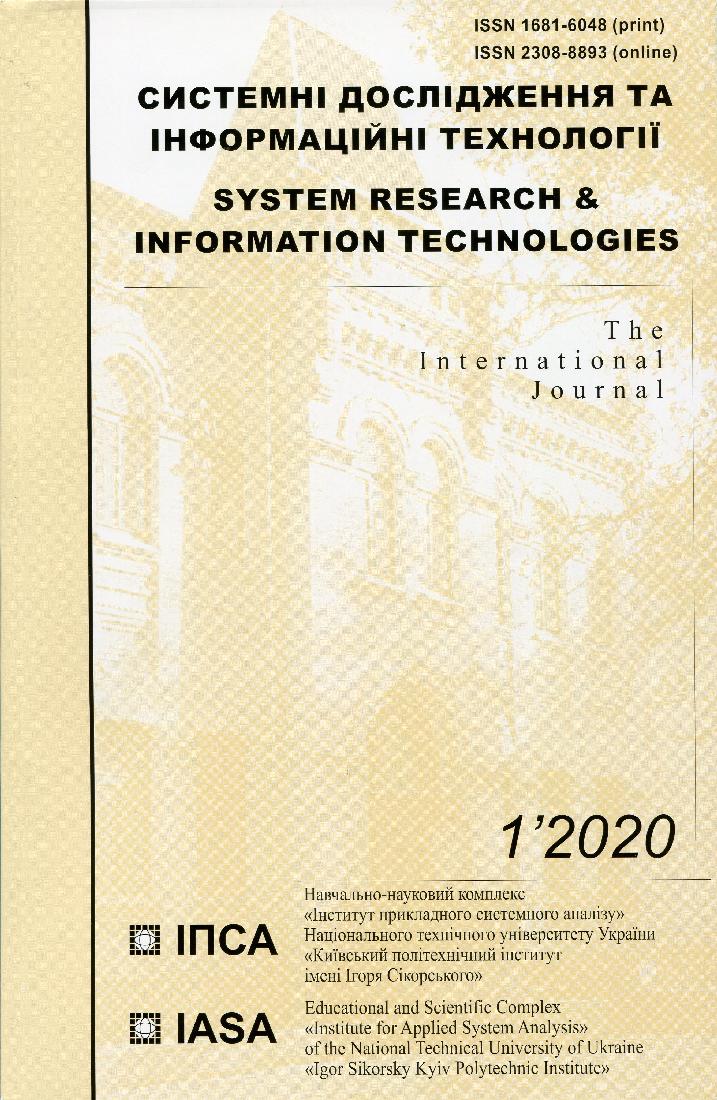Numerical simulation of gravitational waves from a black hole, using curvature tensors
DOI:
https://doi.org/10.20535/SRIT.2308-8893.2020.1.05Keywords:
Gravitational field, gravitational waves, curvature tensor, black hole, spherical polar coordinatesAbstract
In this research we formulated the curvature tensors with the system of spherical polar coordinates, which describe the gravitational field and gravitational waves of a black hole; and then we calculated eigenvalues of the curvature tensors to estimate the relative strengths of their components to the stress-energy tensor in Einstein’s field equation. For this simulation, we assumed that the time and the distance interact with each other if we travel from Earth to the inside of the black hole, and then the result of the simulation showed that the gravitational waves carry the same components of the gravitational field of the black hole. On the other hand, when we assumed that the time and the distance are independent, which resembles the situation outside of the boundary of the black hole toward Earth, the curvature tensors are different between those of the gravitational field and the gravitational waves. Upon the results of the simulation we conclude that the gravitational waves that come from the inside of the black hole carry the information of the gravitational field inside of the black hole, if we assume that time and space are dependent each other.References
Dirac P.A.M. General Theory of Relativity / P.A.M. Dirac. — New York: Florida University, A Wiley Interscience Publication, John Wiley & Sons, 1975. — 69 p.
Goldstein H. Classical Mechanics / H. Goldstein, C.P. Poole, J.L. Safko. — 3rd Edition. — Pearson Education, Inc., 2002. — P. 646 (especially Chapter 7.11 "Introduction to the general theory of relativity"), P. 324–328.

